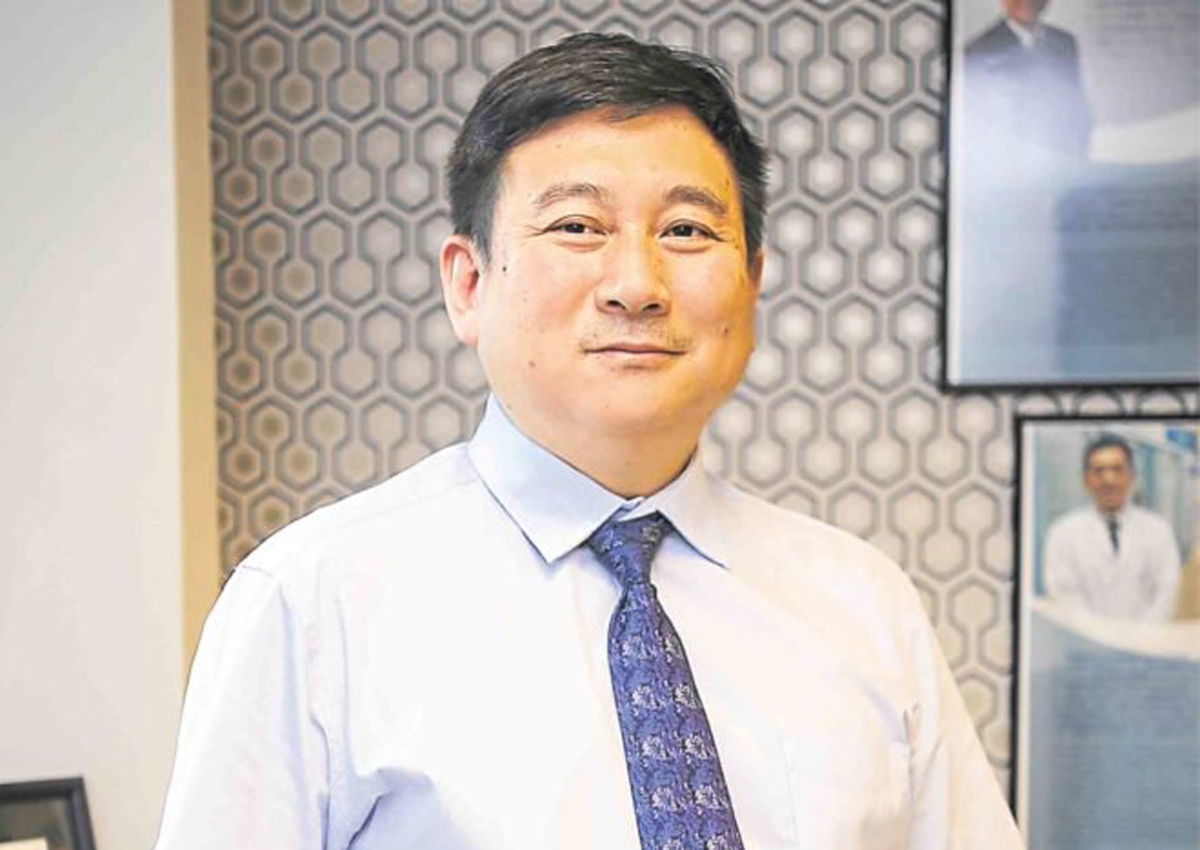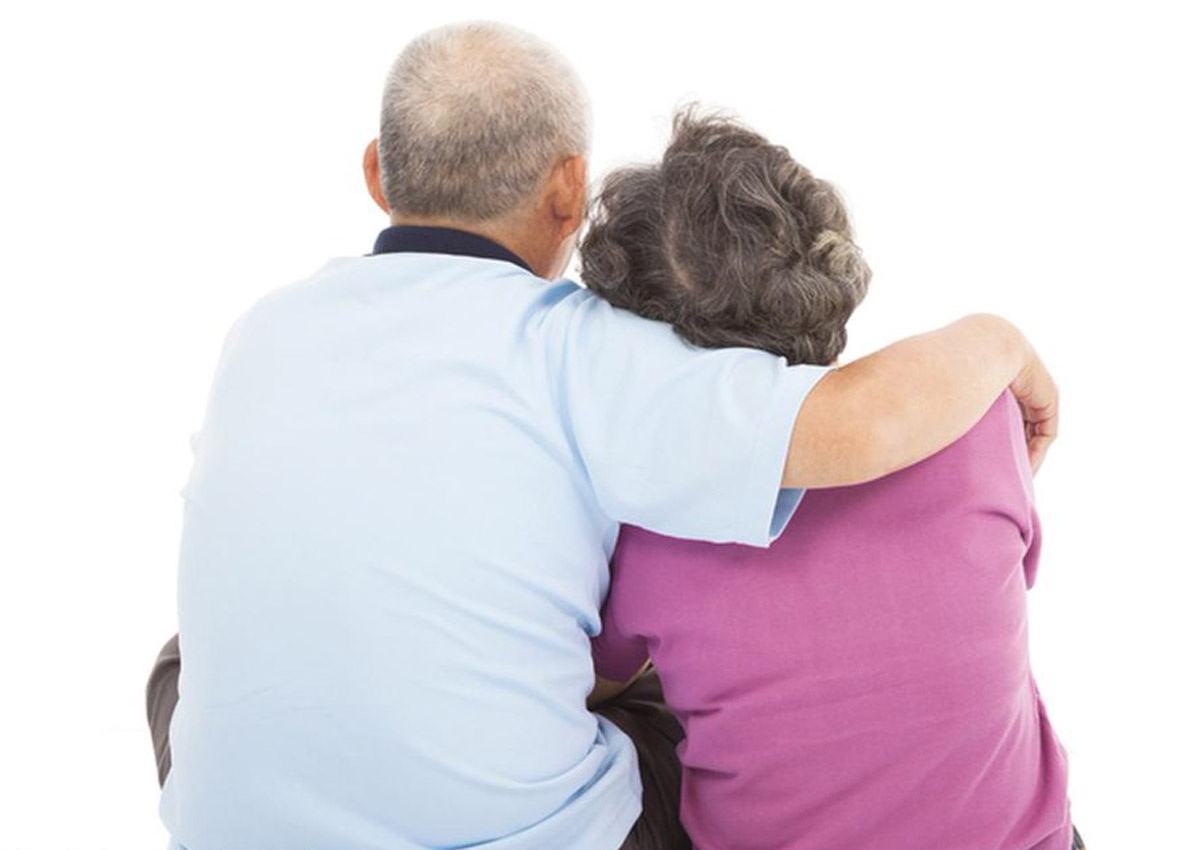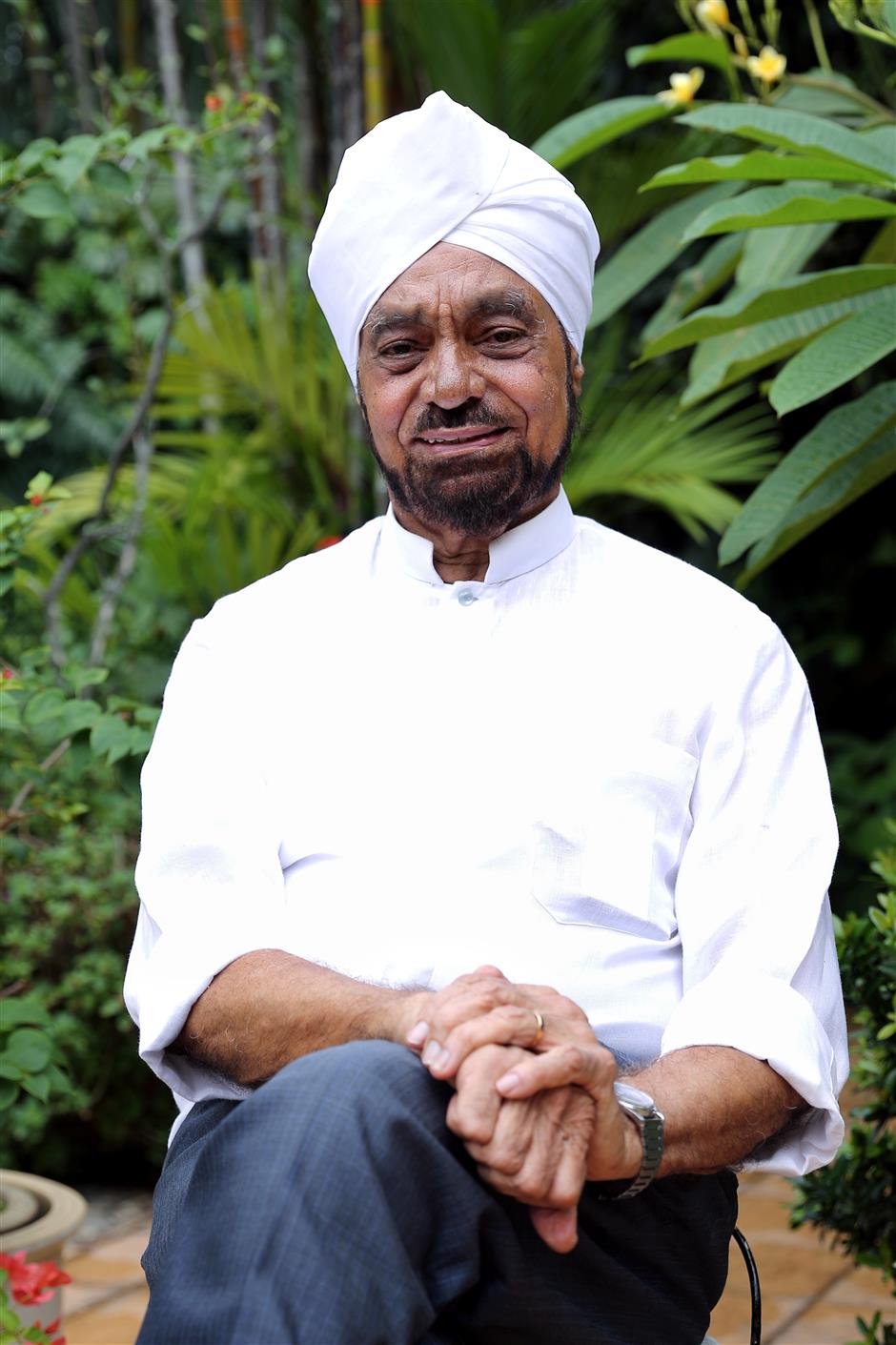Can boosting the immune system keep cancer from coming back?

Immunotherapy has helped terminally ill patients recover temporarily, as well as patients with tumours not treatable by surgery. An advanced treatment that uses the immune system to control cancer, immunotherapy is still in its infancy stage, though.
“I had an 80-year-old patient with esophagus cancer, but the cells spread to his liver,” says oncologist Dr. Mu Feng, vice president of Fuda Cancer Center in Guangzhou.
“There were 50 lesions so the liver function was bad. If you looked at his CT scan, you wouldn’t think he would survive. He could not do chemotherapy and radiation. I injected an antibody that links the immune cells with the cancer cells to improve liver function. He was very weak before, now he can walk.”
Immunotherapy has worked only in a small number of patients. The treatment is not easily accessible yet and the cost is prohibitive.
Still, Dr. Mu flies in monthly to hold office at Centuria Medical Makati to meet cancer patients. Recommended for postcancer treatment, immunotherapy harnesses the cells of the immune system to keep cancer at bay.
“When a patient suffers from cancer, it means the immune system is weak, especially in old age,” Dr. Mu points out.
“First, we need to reduce the burden or tumour volume in the body with surgery, chemotherapy and radiation. However, the immune system is fragile after the cycles. Through immunotherapy, we enhance the immunity function by increasing the number of immune cell.”
Immunotherapy aims to prevent the recurrence of cancer. A month after chemotherapy and radiation, the patient is tested for immune function.
The Chinese oncologist notes that if the patient’s immune system is strong, then there’s no need for immunotherapy.
Patients who show a weakened immune function need to undergo more tests. Once eligible for immunotherapy, the patient waits for two or three months after radiation and chemotherapy.
Dr. Mu explains that the immune system includes lymphocytes or white blood cells with T cells that demolish cells infected with cancer. “For immunotherapy, we need to increase the T cells.”
Customized treatment
Fuda Cancer Hospital provides cell therapy, which entails extracting immune cells from the patient, genetically modifying them to combat cancer and multiplying them in the laboratory. The patient receives the customised treatment through blood transfusion.
“We collect the patient’s blood cells and send the sample to the lab,” says Dr. Mu.
“A process sorts out the immune cells and cultures them. After that, we use cytokines (molecules that send out signals from the immune system’s reaction to the cancer cells). The blood product is transfused or given intravenously back to the patient so it can attack the cancer cells.”
The effect can last from 40 to 60 days, depending on the life span of the T cells. The treatment entails four days of successive transfusions. The patient returns for another cycle in two or three months. One cycle costs $40,000.
“One treatment is not enough,” says Dr. Mu. “It can only temporarily enhance immunity. If the cancer is controlled, you can prolong the interval.”
From his experience, the success rate is 60
ercent. “Some cancers are aggressive, while some are not. It also depends on the stage of the cancer. If the tumour cells are too many or too strong, then the fight against cancer might be lost. That’s why we need to do an operation to reduce the burden of cancer,” he says.
Asked if immunotherapy can be an alternative to conventional comprehensive cancer treatments, Dr. Mu says that, so far, it has been working for some patients with blood malignancy such as leukemia, and those who are sensitive to chemotherapy.
At the Fuda hospital, CAR-T cell immunotherapy is used to combat lymphoma and leukemia. CAR stands for chimeric antigen receptor, a receptor that is infused with the patient’s T cells to help the T cells locate the cancer cells and kill them.
Another development, the anti-PD-1 therapy, exploits the immune system’s barriers that prevent organ damage. When cancer cells invade these barriers, such as the PD-1, the cancer cells start growing. By blocking the PD-1, the immune system identifies the cancer cells and destroys them.
Depending on the patient’s health, there could be side effects such as flu-like symptoms.
Says Dr. Mu: “Until today, man cannot overcome this disease. Cancer is complicated. The condition and the treatment differ in each individual. You can’t say that all patients will benefit from one kind of treatment.”
Published at Sat, 05 Aug 2017 08:00:00 +0000





